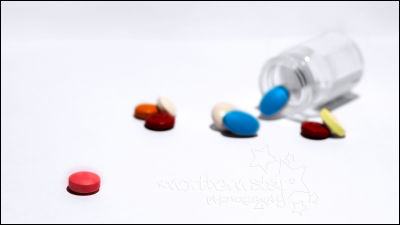Presence of SNS threatens reliability of drug clinical trials

Even if a pharmaceutical company develops a new therapeutic drug, it cannot be put on the market immediately, and clinical trials must be conducted to confirm its efficacy and side effects. However, with the advent of social media such as Twitter and Facebook, clinical trials are becoming less reliable, Niccolo Tenbini, a data researcher
Social media can threaten medical experiments
https://theconversation.com/social-media-can-threaten-medical-experiments-118229
In most cases, the clinical trials of a drug pre-determines what it wants to measure or what kind of results it wants. Patients enroll in clinical trials to get effective drugs, and doctors infer which treatments are more effective. Testing a new drug is a complex process, but pharmaceutical companies can only recover their multimillion dollar investment in drug development only after successful clinical trials.
The speculation of researchers, patients, doctors, and pharmaceutical companies can easily skew the results of clinical trials. To ensure the reliability of clinical trials, clinical trials are often 'blinded', obscuring doctors and patients as to who and what treatment they are receiving.
Since the 1960s, researchers and subjects have been made indistinguishable from randomly selected treatment and control groups, and then the results of patients who received the new drug were compared with those of patients who did not receive the new drug. The Randomized Controlled Trial (RCT) , which minimizes the impact on test results as much as possible, is used as a standard laboratory method to assess the safety and efficacy of new drugs.

During the clinical trial of
When it turned out to be a fake drug, it developed into a situation in which the drug was arbitrarily stopped. As a result, the US Food and Drug Administration has ordered a reconsideration of testing standards and re-running clinical trials.
In this way, the risk of patients breaking through blinded clinical trials is increasing with the rise of social media. Tenbini and Teira could lose blindness from clinical trials by letting study participants reveal their treatment conditions and exchange information with other patient groups on social media. Insist that there is.
For example, in the social network “ PatiensLikeMe ”, which connects patients with the same symptoms, clinical trials were not conducted sufficiently in 2011 because patients with amyotrophic lateral sclerosis (ALS) shared clinical trial information and results . That. Facebook also reported similar cases in clinical trials of muscular dystrophy and hepatitis C.

“Social media is a technology platform that makes it easy for people to connect with each other, but it can drive a huge shift in the way clinical trials of drugs work,” said Tenbini and Teira. Unless we find a new way to handle the missing data, the evidence-dependent patient and prescribing physician decisions from clinical trials will be adversely affected. '
Related Posts:
in Posted by log1i_yk







